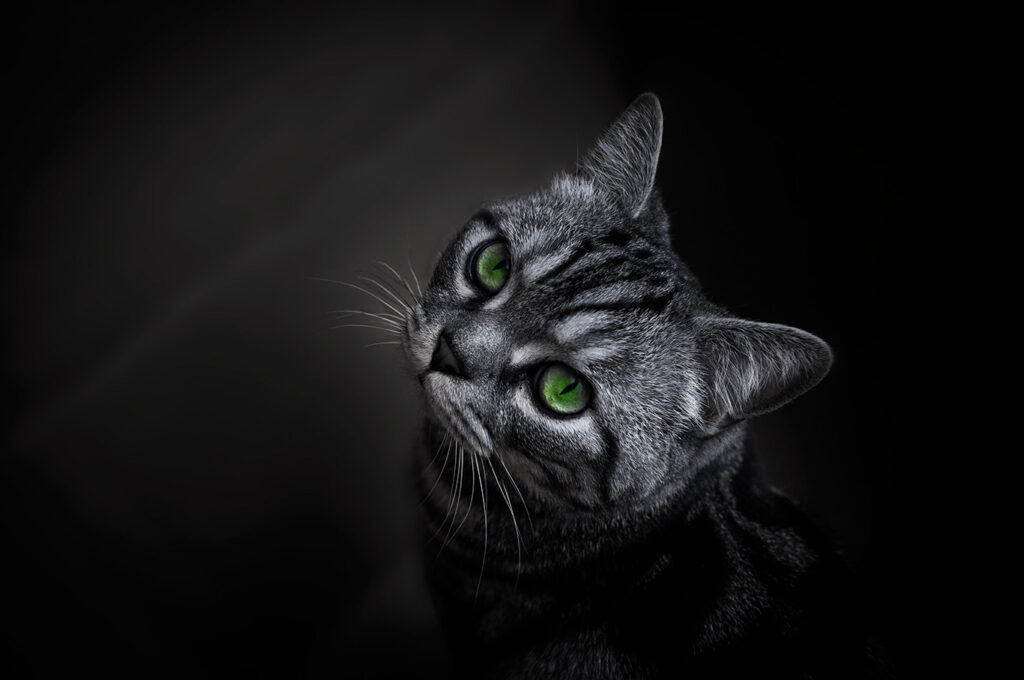My Old Cat
The lifespan of cats is compressed in time relative to humans. Consequently, they age much more rapidly than we do. In the geriatric and elderly cat, one of our days is equal to around 4 days for them. Because of this compression of time, we see that problems associated with the aging process occur sooner than expected, and much sooner than we would like them to.
For some reason, we can accept the aging process in people, but when we see it in our cats and dogs, it can become a severe emotional problem. I believe it’s important to stand back a bit from your emotions and gain some perspective on what is actually going on. I will try to give you my views, which are based on many years as a veterinarian and my recent focus on the elderly, the aging process and what is occurring as they near the end of life. It is important to note that some of these opinions and observations are not well known or accepted in the veterinary community or in the general pet care population.
Cats are unique in their attachment to their environment. I call them “place attachers.” In contrast, dogs are “people attachers.” Dogs focus on their caretakers.
Cats are territorial and the home, or where ever they inhabit, is their comfort zone. Any change to their habitat upsets the stability they have to this attachment. As much as we would like to think differently, we people are just litter mates in our kitty’s minds. We are also part of “their” environment. They get used to us being there and if we leave, that can be stressful to them.
Cats are also extremely “self protective” and they want to stay alive at all costs. Any change in their territory is a threat to their existence. Of course, every cat is different in their ability to accept change. Understanding this built-in protective mechanism may help you to understand why they hate going to the veterinary office. Being put in a carrier, driving in the car and then being handled, poked and prodded by strangers is not a comforting thing for most cats.
Cats are also incredibly good at dealing with the aging process as they are adaptive creatures and not emotional about it. They know how to take care of themselves during the “living” process and are equally good at the “dying” process.
Below are two buttons that will take you to different pages. Old Cat Diseases provides information about the most common diseases I see in geriatric and elderly cats. Each will have a link to an associated post for information. Old Cat Problems may help you to understand the common threads associated with phone calls I receive. There, I hope to help give you a different perspective about what you think and what actually may be going on. Check back often for more information. Both of these pages are in their infancy and will grow with time.

